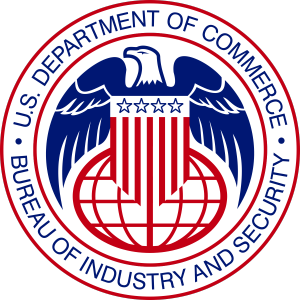Search
Published on:
Trump Administration Takes Several Trade Actions Targeting Advanced AI Semiconductors While Deferring Broader Tariff Actions on the Semiconductor Industry
In recent weeks, the Trump administration has taken several actions to implement its policy toward the export of advanced AI commodities to China. These include the Department of Commerce (Commerce) Bureau of Industry’s (BIS) final rule implementing a case-by-case review policy (changed from a presumption of denial policy) of exports of certain advanced computing commodities to end users in China (including Macau), and a Proclamation following an investigation under Section 232 of the Trade Expansion Act of 1962 (Section 232) of imports of semiconductors, semiconductor manufacturing equipment and derivative products, which narrowly targets the advanced AI commodities covered by the BIS export control policy action. The Section 232 Proclamation further provides broad tariff exceptions for in-scope commodities used in domestic applications. These twin actions come on the heels of an investigation under Section 301 of the Trade Act of 1974 (Section 301) of China’s acts, policies and practices (APPs) related to targeting of the semiconductor industry for dominance in which the Administration found that the Chinese APPs were actionable under Section 301, but deferred action.
Below we discuss the BIS final rule, the Section 232 action, and potential next steps for both AI export controls and import restrictions on semiconductors.





